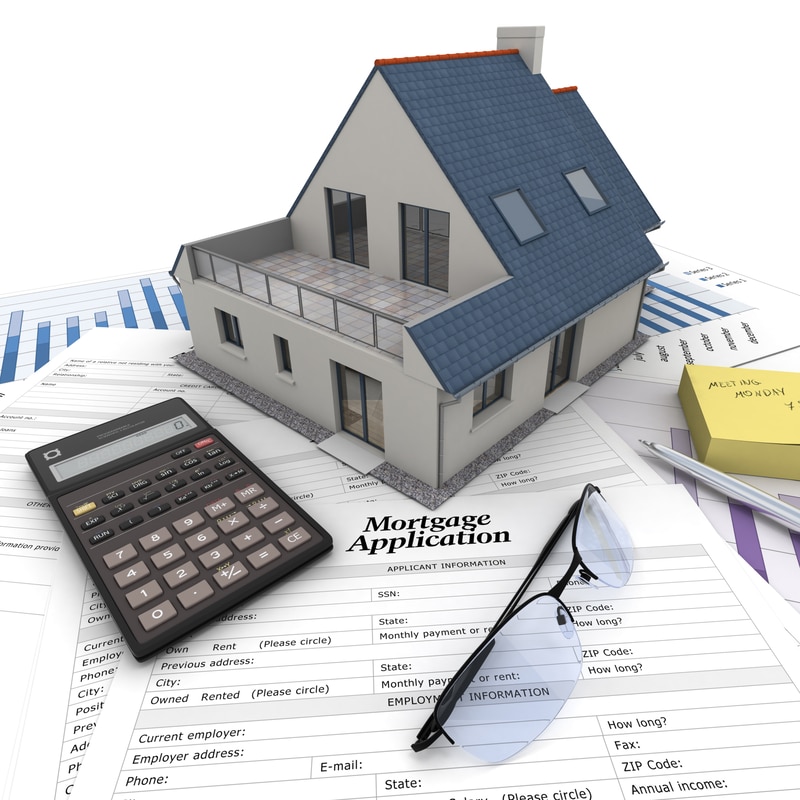Frequently Asked Questions About Mortgage Credit Scores Required for Mortgage Approvals in 2023
Are you Guaranteed Mortgage Approval if You’ve Been Pre-Approval?
The pre-approval process for a mortgage is optional and there’s no guarantee that you’ll be approved when you go to take the step of getting a mortgage. You may not be approved for a mortgage when you go to apply despite being pre-approved.
The purpose of the pre-approval process is to offer an understanding of the debt that a mortgage puts you in and if you can handle it. It lets you know what price range you can potentially get approved for. All that being said, it can help you when you apply for a mortgage because it shows you’re serious and conscious about the huge undertaking it is to get a mortgage and pay it off.
Is It Possible to Get A Mortgage With Low Credit Score?
There are industry minimums when it comes to getting a mortgage but that doesn’t mean you’re cut off from getting a mortgage completely. The minimum credit score needed for a conventional lender is between 620-680 and other requirements are also looked into. There are options if you’re below the minimum credit score, however.
Credit unions, trust companies, and subprime lenders are another avenue to consider if your bank won’t consider you. Do keep in mind that you’ll be paying higher interest, which can cost a lot over the years you have your mortgage. There are risks to consider before you go this route. Many financial advisors would suggest you build up your credit instead of going with a bad credit mortgage lender.
Bad Credit Mortgage Lender Risks
One of the most notable risks when you apply for a mortgage with a lender who accepts bad credit scores is the higher interest rates. You’re going to get a better loan with a reduced rate if you work on building credit. If you’re willing to be patient, it’s a more financially sound route.
What Qualifies As A Good Credit Score?
A credit score is three-digits that summarizes all of your activity relating to credit over the years you’ve had it. Credit scores in Canada have a range of 300-900 with the higher score being a benefit. You get a better chance of qualifying for mortgage loans with the best interest rates. When it comes to mortgages, you want to have a credit score of about 660 or more. This allows you to shop around and get the best options out there available. These credit scores define the risk factor to a lender so they will be looked at with certainty.
How To Improve Your Credit Scores For a Mortgage
A few things you can do to improve your credit score include:
- Paying bills in full/on time
- Don’t use anymore than 30% of your available credit card limit
- Don’t apply for different credit products in a short time
- Build up credit through a secured credit card if necessary
How much of a home loan can I qualify for with good credit?
It depends on how much money you make. A mortgage lender will look at the Gross Debt Service ratio and the Total Debt Service ratio as well as income, debt, and housing costs.
Is it possible to get a mortgage with bad credit in Canada?
Yes. You may be able to qualify for a mortgage even if you have bad credit. You may have to look beyond a traditional lender however. A private mortgage lender will often have flexibility and accept borrowers under the threshold of what’s considered good credit.
Will a mortgage pre-approval affect my credit?
As a mortgage pre-approval involves a hard credit check, it has the potential to impact your credit.
If a person has no credit history, can they still get a mortgage?
Some people may be new to Canada so there’s no credit history or very little. Some of the big banking institutions in Canada offer special programs for new immigrants that allow them to get into the housing market.

